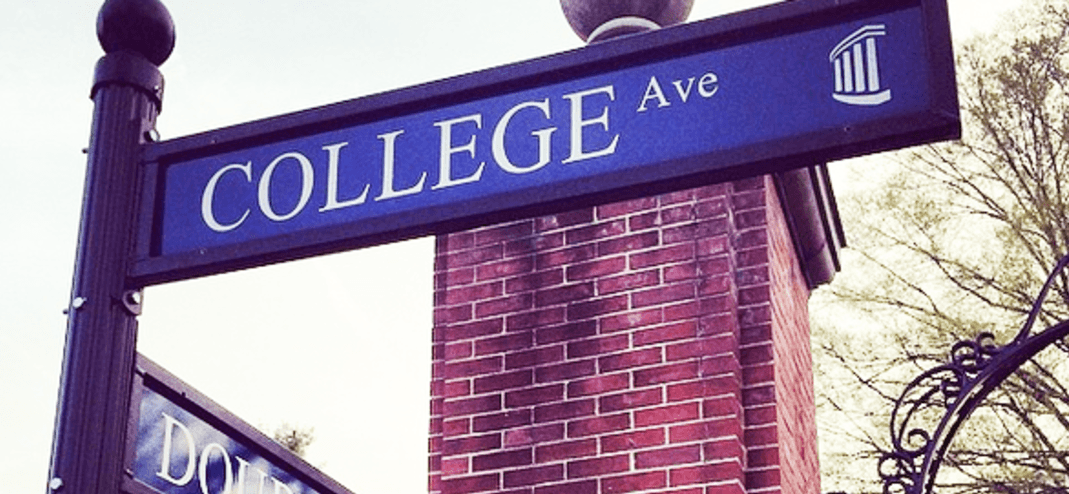Admissions expectations rise, high school seniors cannot keep up
2 min read
UMW Admissions | Instagram
By GRACE WINFIELD
As a high school senior it is difficult to refrain from resenting the college application process. Rather than a place to flourish and grow, high school has turned into a race between peers.
Do not get me wrong, competition is healthy and necessary, but in a time of self-discovery and development, should high school students have to endure the obstacles faced now to get into college?
Universities expect too much from students.
Why should we choose you over other applicants? Despite the four-year preparation you have faced, the question almost seems like a trick. So, what’s your answer?
Is it your outstanding academics?
Traditionally, the students that seem to rise above all are the valedictorians and salutatorians, or at least the students possessing the highest GPAs and the most AP, IB, or Dual Enrollment courses to decorate their transcripts with. Even now it seems that those students are unable to appease the application boards without impressive SAT or ACT scores. It is time to look past the numbers, and to look into the person.
It is easy for someone to say B or C students could improve their academics, but what about outside of school? Colleges should take working students’ lives into consideration, the young adults that support themselves and their families on six hour shifts after six gruesome hours of school. However, there are other students that work hard without being paid.
Some students remain involved in their high school by taking part in multiple extra-curricular activities. Many of these are volunteer-based, exposing students to their community and leadership positions. With their time occupied, it is hard for these students to maintain straight A’s.
It seems that the only students that receive sympathy are student-athletes. Yes, student-athletes should receive some leverage when it comes to academics, but should not theater, forensics and the physics club students all be redeemed for their investments?
These students possess just as much passion for their hobbies and clubs as athletes do, yet their hard work does not seem to be considered to hold the same amount of importance.
Universities claim they are starting to pay more attention to students’ well-roundedness opposed to numbers and scores, but we still must question whether the expectations they hold are realistic.











